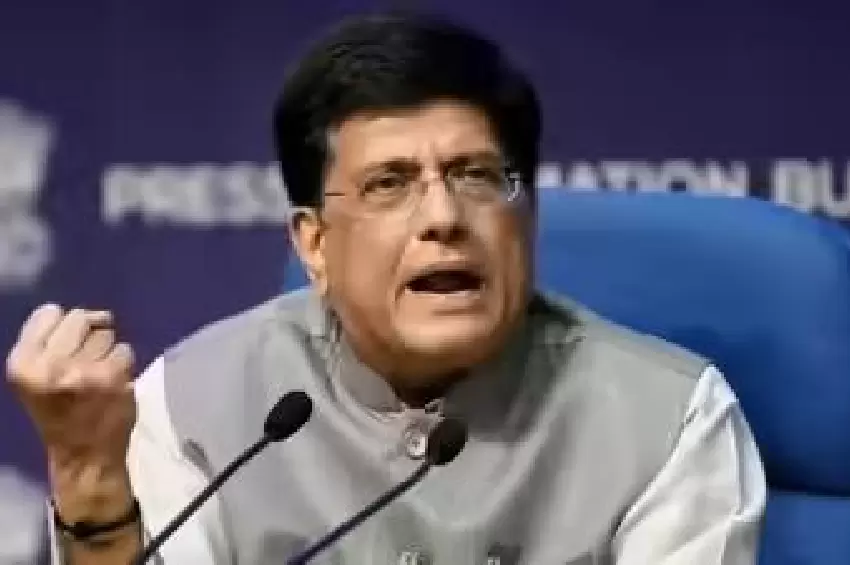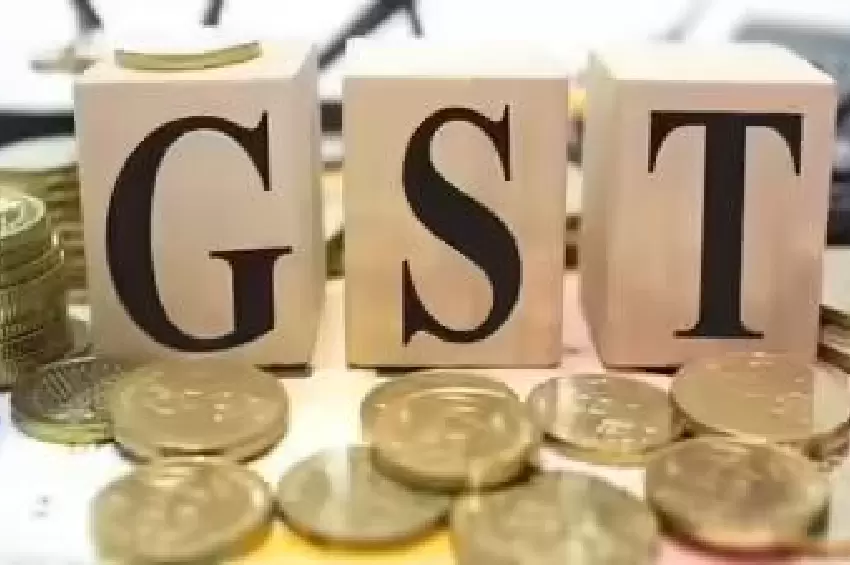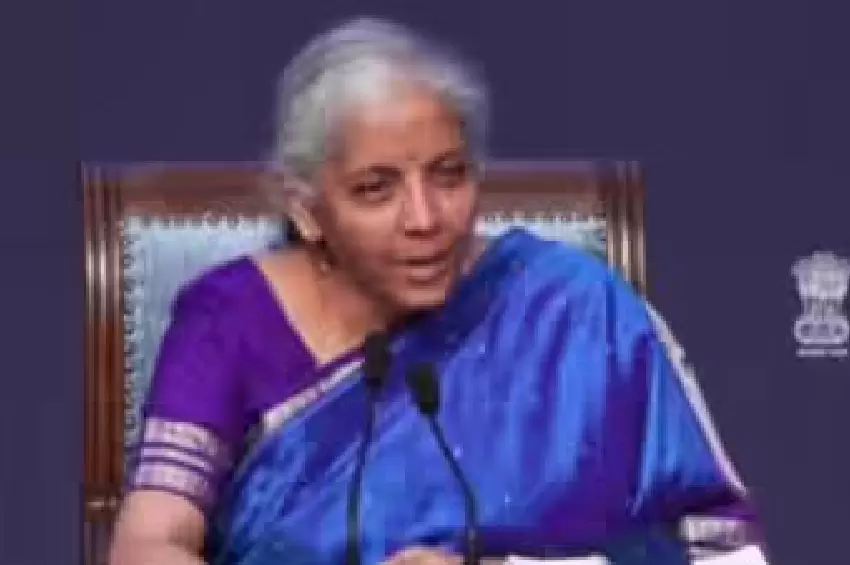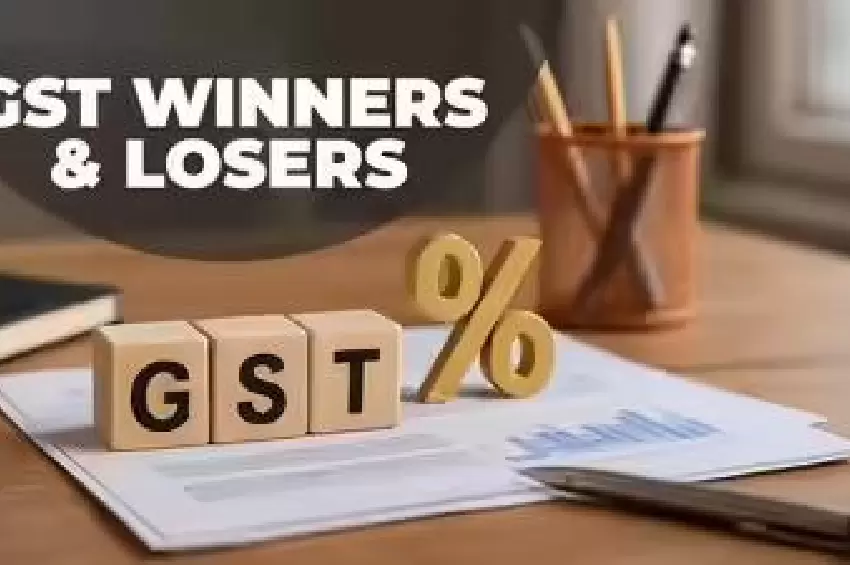US Drug Price Cuts Could Lead to Higher Prices in India
US President Donald Trump's proposal to slash prescription drug prices by 30% to 80% might force global pharmaceutical companies to increase prices in lower-cost countries like India, according to the Global Trade Research Initiative (GTRI).

Global Price Recalibration on the Horizon
GTRI Founder Ajay Srivastava suggests that implementing a "Most-Favoured Nation" (MFN) pricing policy could trigger a worldwide price recalibration. This may pressure lower-cost markets like India to raise their prices by tightening patent laws through trade negotiations.
India's Role in Global Health
India's resistance to stricter intellectual property protections, known as TRIPS-plus provisions, has been crucial in maintaining affordable drug access. The country's pharmaceutical industry, vital for global health, could face challenges from these potential price increases.
Trade Agreements: The New Battleground
As drugmakers face price caps in developed markets, emerging economies like India may become targets for offsetting losses and recovering R&D costs. Trade agreements are increasingly becoming the new battleground for pharma intellectual property rights.
India's current patent regime fully complies with the WTO's TRIPS agreement, ensuring quick approval of generics and safeguarding public health. Preserving this model is not only in India's interest but is also a moral and global necessity.









Comments